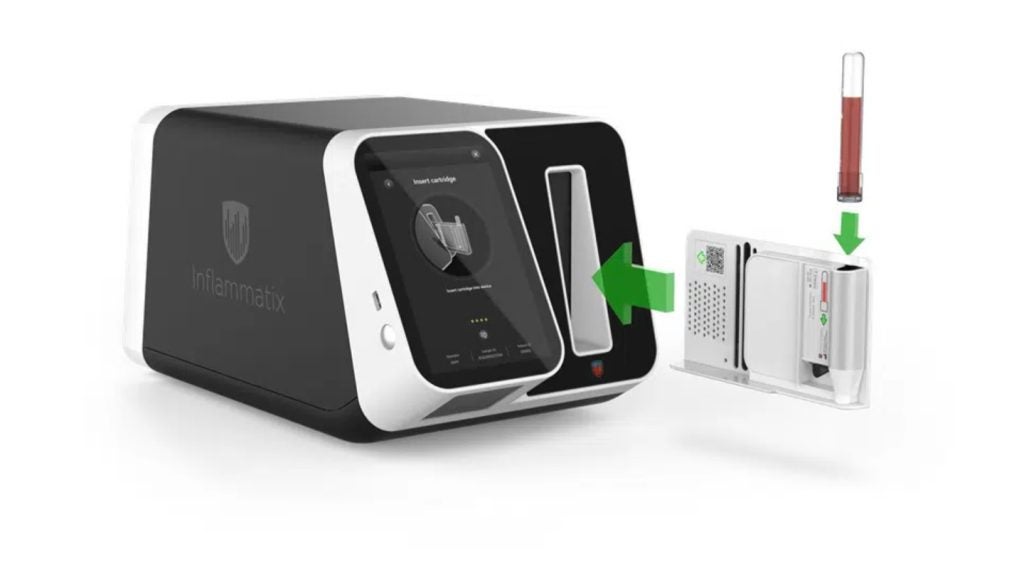Clario has introduced the ECG Quality Score tool, powered by artificial intelligence (AI), for improving cardiac safety evaluations in clinical trials.
The new tool includes the Early Precision QT Quality Summary Report and the Early Precision QT Quality Detailed Report. Both reports offer granular information regarding the quality of ECG data collected.
It utilises an AI and machine learning (ML) method trained on more than 80,000 Phase I healthy volunteer ECGs to provide in-depth insights into whether the continuously collected ECG data meets the required quality for subsequent Early Precision QT (EPQT).
By improving data quality assurance and reducing risks, the tool provides valuable insights and reassurance to sponsors.
The tool provides a proactive approach to evaluating quality, assisting sponsors in real-time quality monitoring.
It can address issues through solutions such as site training or additional recruitment while the study is ongoing.
Furthermore, the tool serves as an insurance policy for prospective clinical trials with planned EPQT evaluation.
It is also specifically important for studies where ECG data is stored for potential evaluation in the future.
Clario Cardiac Safety executive vice-president Ellen Street said: “Clario’s ECG Quality Score tool embodies our unwavering commitment to advancing trials and technologies through the use of AI/ML.
“We aim to provide sponsors with better insights into cardiac safety earlier in the drug development process and equip them with the tools needed to make informed decisions and collect higher quality data.”
At first, the company will offer the tool to Clario Certified Sites as part of its commitment to provide the latest technology to its closest partners.
Last month, Clario announced that researchers from the University of Oxford leveraged its Precision Motion Opal wearable sensor technology for a study to better understand motor symptom progression in individuals with Parkinson’s disease.















